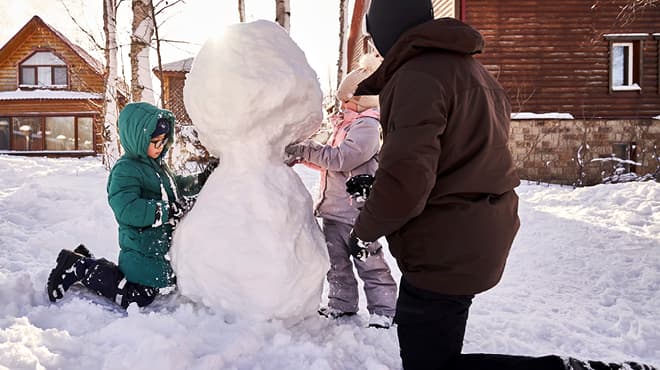
Health topics
Influenza
Hometown Health Blog

Monitoring the H5N1 avian influenza, bird flu, outbreak
A Mayo Clinic expert shares what you need to know about the H5N1 avian influenza outbreak and why the public health risk remains low. Find out the steps to take to ensure food remains safe.

Foreign travel plans? What to know about influenza before you go
Did you know influenza is the most common, vaccine-preventable disease for travelers? Be a smart traveler, and talk to your healthcare team about flu vaccination before your trip.

6 common flu misconceptions
Common myths about the flu may keep you from taking the necessary steps to protect yourself from the illness. Learn the truth about lowering your risk — starting with the annual flu vaccine.

The 5 Ws of healthy hands can help you avoid germs, illnesses
Preventing illness during the cold and flu season starts with the who, what, where, when and why of handwashing. Teach your children about hand hygiene with these tips.

What should you do if you have COVID-19 or flu?
Unsure if you have flu or COVID-19? Symptoms can be similar. Find out what to do, and how to self-manage symptoms.

Watch out for winter mishaps
Winter is beautiful, but it does come with risks. Take steps to prevent falls, hypothermia, frostbite and more so you can remain in good health and enjoy the splendor of the season.

When to seek medical help for RSV or flu symptoms in children
With an early increase in RSV and influenza cases, a Mayo Clinic expert shares three things parents can watch for when determining if they should seek care for a sick child.

Fight off the flu with immune-boosting nutrients
Is it a myth or fact that chicken noodle soup can help you feel better when you are ill? Does vitamin C prevent illness? Check out myths and facts about immune-boosting nutrients.

Prepare for a challenging flu season: Get vaccinated now
After two mild flu seasons, a Mayo Clinic expert shares why this year's flu season may be different and how to protect your family from the flu virus.

Preparing kids for a flu shot: Tips to help parents
Now more than ever, it's important to schedule flu vaccinations for your entire family. You can help prepare your children for getting a shot with these tips.

Pregnancy and respiratory illnesses: Tips to reduce your flu risks
Flu season usually starts in the fall. Learn how the influenza vaccine reduces hospitalization during pregnancy and can protect the baby from the flu after birth.

Don't skip your flu shot this year
Put up your best defense. It's time for your seasonal flu shot. Learn why it's more important than ever to be vaccinated.




